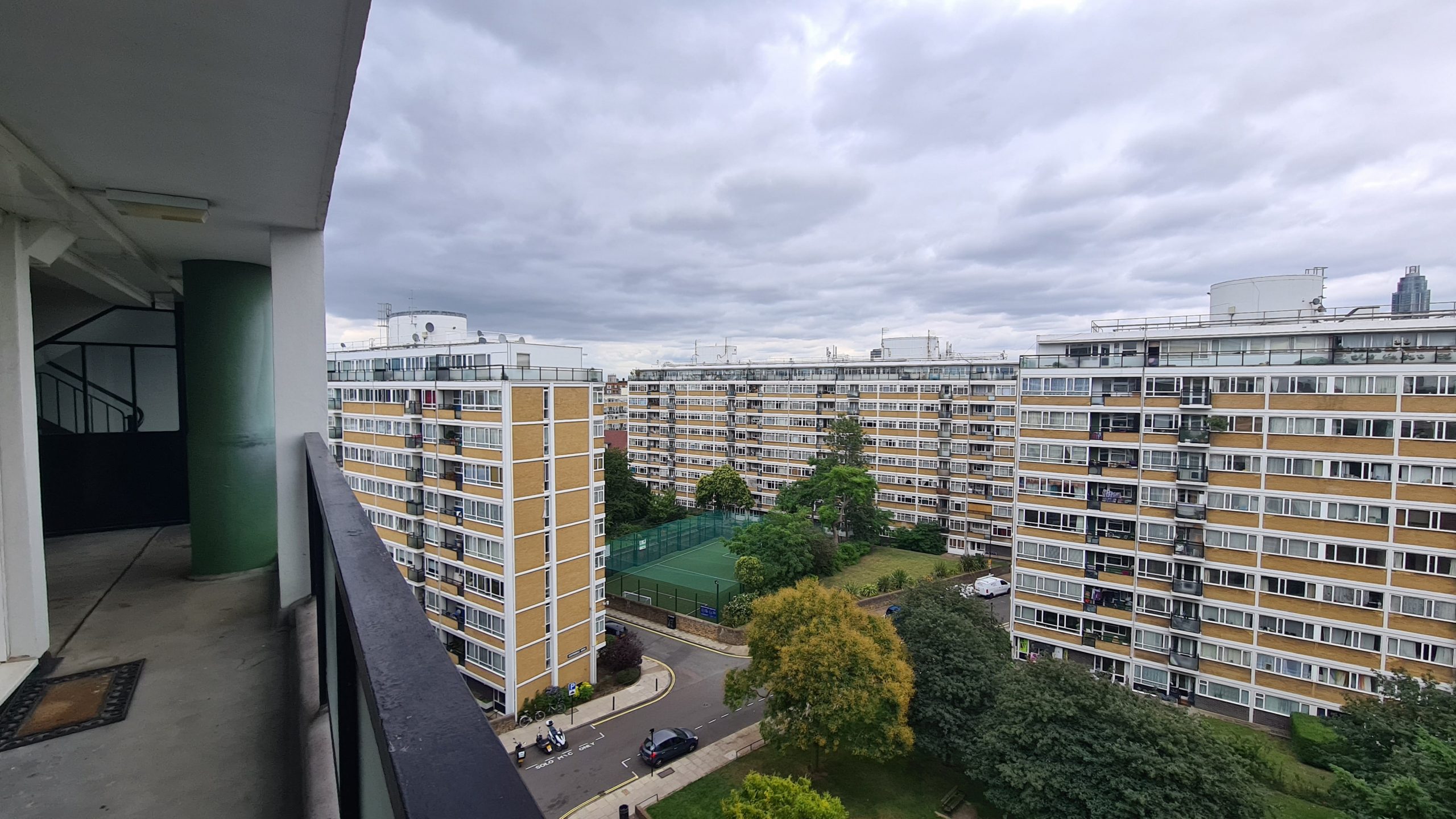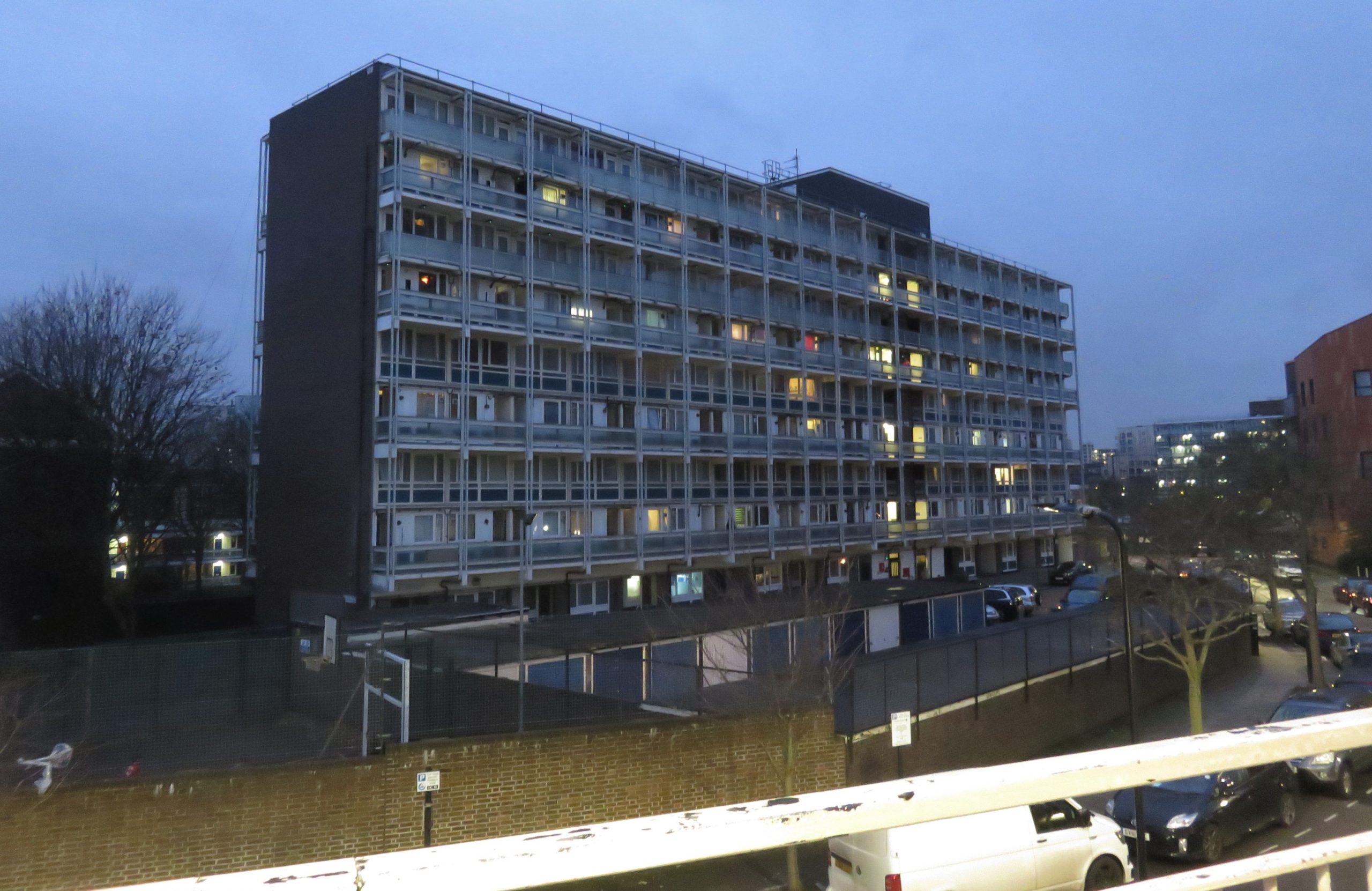A Fifth of Renters Paying Over 1/3 of Their Income for Poor Housing

After the Government announced the Renters Reform Bill, which will ban Section 21 ‘no fault’ evictions and new legislation for social renters, Housing Industry Leaders highlights whether the reform goes far enough.
In an attempt to drive up the living standards within private rented and social housing in the UK, the Government’s plans will be put in place for the 4.4 million households privately renting across England by extending the Decent Homes Standard to the private rented sector for the first time.
Currently, 21 per cent of private renters in the UK live in homes of an unacceptable standard, so new legislation will drive up quality for private renters, extending the Decent Homes Standard to the sector for the first time and giving all renters the legal right to a safe and warm home.
No Fault Section 21 Evictions to be Outlawed
Focussing on the social housing standards, the Government have also introduced plans for regular rigorous inspections and stronger powers to tackle failings by social housing landlords.
So-called ‘no fault’ Section 21 evictions – that allow rogue landlords to terminate tenancies without giving any reason – will be outlawed, so renters can remain in their homes and communities and continue supporting the local economy.
Shockingly, 22 per cent of people who moved in 2021 did not end their tenancy by choice, coming at an average cost of £1,400 in moving costs per household. It is hoped these reforms will keep tenants in their homes for longer, which will relieve part of the cost of living crisis.
No Legislation Regarding Rent Controls as Cost of Living Spirals
However, there are doubts that the reforms go far enough and many tenants and housing associations are waiting for the white paper with further details to be published.
One of the main concerns in the bill is no announcement on rent controls and caps. According to Statista, in December 2021, the average rental payment was £874, while the average first time buyer mortgage repayment was £759.
This is an increase in renting costs of £113 per month in the last five years, while an increase in wages has followed a much slower growth rate. Without rent controls set out by central governments, the cost of living crisis worsens for the poorest communities in the UK.
Many first time buyers are rent trapped, with a third of Gen Z expected to be rent trapped their whole lives. On top of this, many tenants cannot make changes to the properties they live in, such as improving boiler efficiencies, insulation, and replacing old windows.
Levelling up and Housing Secretary Acknowledges Disparities
The Government hopes to improve the second part of the dilemma through the new bill but has zero commitments to prevent spiralling rent costs.
A new Private Renters’ Ombudsman will be created to enable disputes between private renters and landlords to be settled quickly, at low cost, and without going to court. The ombudsman will cover all private landlords letting properties and ensure that when residents make a complaint, landlords take action to put things right.
Levelling Up and Housing Secretary Michael Gove said: “Too many renters live in damp, unsafe and cold homes, powerless to put it right, and under the threat of sudden eviction.”
Housing Industry Leaders heard: “The New Deal for renters announced today will help end this injustice, improving conditions and rights for millions of renters.”

